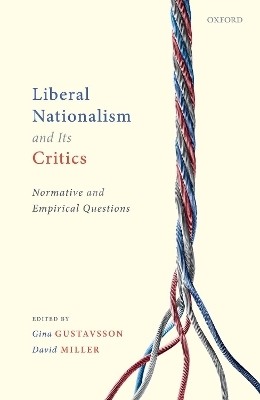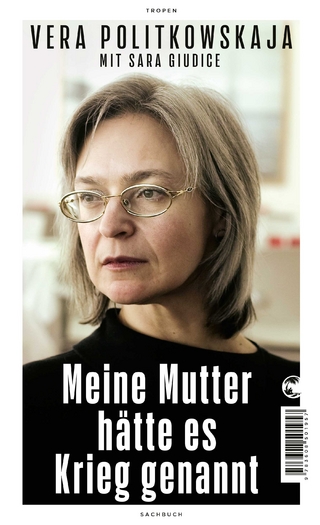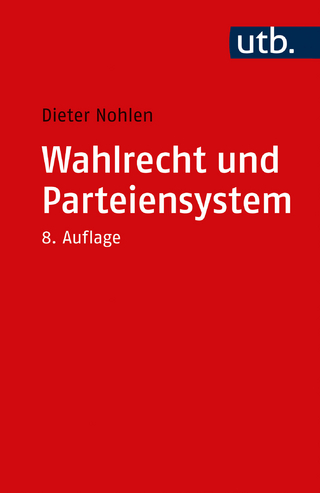
Liberal Nationalism and Its Critics
Oxford University Press (Verlag)
978-0-19-884254-5 (ISBN)
The thesis of liberal nationalism is that national identities can serve as a source of unity in culturally diverse liberal societies, thereby lending support to democracy and social justice. The chapters in this book examine that thesis from both normative and empirical perspectives, in the latter case using survey data or psychological experiments from the U.S., Canada, the Netherlands, Denmark, France, and the UK. They explore how people understand what it means to belong to their nation, and show that different aspects of national attachment - national identity, national pride, and national chauvinism - have contrasting effects on support for redistribution and on attitudes towards immigrants. The psychological mechanisms that may explain why people's identity matters for their willingness to extend support to others are examined in depth. Equally important is how the potential recipients of such support are perceived. 'Ethnic' and 'civic' conceptions of national identity are often contrasted, but the empirical basis for such a distinction is shown to be weak. In their place, a cultural conception of national identity is explored, and defended against the charge that it is 'essentialist' and therefore exclusive of minorities. Particular attention is given to the role that religion can legitimately play within such identities. Finally the book examines the challenges involved in integrating immigrants, dual nationals, and other minorities into the national community. It shows that although these groups mostly share the liberal values of the majority, their full inclusion depends on whether they are seen as committed and trustworthy members of the national 'we'.
Gina Gustavsson is an Associate Professor at the Department of Government, Uppsala University. Her work spans political theory and political psychology, and has been published in Ethnicities, Ethnic and Racial Studies, Political Studies, The European Political Science Review, The Review of Politics, and The Cambridge Companion to Isaiah Berlin. She is also the author of a forthcoming book on romantic liberalism. Half-Swedish and half-Estonian, she has always had a keen interest in national identity and immigration. David Miller is Professor of Political Theory at Nuffield College, Oxford and a Visiting Professor of Law and Philosophy at Queen's University in Kingston, Ontario. He has been a Fellow of the British Academy since 2002. He has written widely on issues of national identity, citizenship, territory, and immigration, attempting throughout to build bridges between political philosophy and the social sciences. His next book will defend the idea of self-determination against its many critics.
Gina Gustavsson and David Miller: Introduction
Part 1: The Nature of National Identity
1: David Miller: The Coherence of Liberal Nationalism
2: Leonie Huddy and Alessandro del Ponte: National Identity, Pride, and Chauvinism - their Origins and Consequences for Globalization Attitudes
Part 2: The Social Effects of National Identity
3: Gina Gustavsson: National Attachment - Cohesive, Divisive, or Both? A Reconsideration of the National Identity Argument through the Lens of Social Identity Theory
4: Nils Holtug: Does Nationhood Promote Egalitarian Justice? Challenging the National Identity Argument
5: Elizabeth Theiss-Morse, Frank Gonzalez and Alison O'Toole: Hierarchy, American Identity, and Support for Anti-Poverty Efforts
6: Matthew Wright and Morris Levy: 'Solidarity' versus Values as Drivers of Support for Immigrants' Access to Social Benefits
7: Samuel Pehrson: Argumentative Contexts of National Identity Definition: Getting Past the Failures of a Universal Ethnic-Civic Dichotomy
Part 3: The Place of Culture and Religion in Liberal Nationalism
8: Patti Tamara Lenard: Inclusive Identities: The Foundation of Trust in Multicultural Communities'
9: Cécile Laborde and Sune Lægaard: Liberal Nationalism and Symbolic Religious Establishment
10: Margaret Moore: Liberal Nationalism and the Challenge of Essentialism
Part 4: Immigrants and Dual Nationals: Double Loyalties and Divided Selves?
11: Keith Banting, Will Kymlicka, Allison Harrell, and Rebecca Wallace: Beyond National Identity: Liberal Nationalism, Shared Membership and Solidarity
12: Karen N. Breidahl: Dual or Divided Identities? National Identity and Community Values among Immigrants in Denmark and Western Europe
13: Lior Erez: Where the Heart Is: Liberal Nationalism, Social Trust, and Multiple National Belongings
14: Kwame Anthony Appiah: An Unscientific Postscript
| Erscheinungsdatum | 21.02.2020 |
|---|---|
| Verlagsort | Oxford |
| Sprache | englisch |
| Maße | 157 x 240 mm |
| Gewicht | 628 g |
| Themenwelt | Sozialwissenschaften ► Politik / Verwaltung ► Politische Systeme |
| Sozialwissenschaften ► Politik / Verwaltung ► Politische Theorie | |
| Sozialwissenschaften ► Politik / Verwaltung ► Vergleichende Politikwissenschaften | |
| ISBN-10 | 0-19-884254-6 / 0198842546 |
| ISBN-13 | 978-0-19-884254-5 / 9780198842545 |
| Zustand | Neuware |
| Haben Sie eine Frage zum Produkt? |
aus dem Bereich


